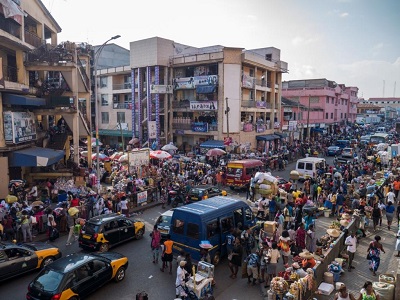Ghana’s Labour Absorption Capacity Decline to 55.7%, New GSS Report Reveals
The Ghana Statistical Service (GSS) has revealed that while employment opportunities exist in Ghana, they are insufficient to absorb the rising number of job seekers.
The new report by the GSS, titled National Report on Productivity, Employment, and Growth, indicates that the employment rate—measuring the economy’s labour absorption capacity—declined from 73.9 percent in 2000 to 55.7 percent in 2021.
“This suggests that even though the Ghanaian economy is creating employment opportunities, this is not sufficient to absorb the growing working-age population,” the report stated.
According to the report, the number of employed persons increased from 7.43 million in 2000 to 10.2 million in 2010, representing an annual employment growth rate of 3.3 percent over the period.
However, by 2021, the total number of employed individuals had declined to 9.99 million, reflecting an annual average contraction of 0.7 percent since 2010.
Despite this decline, the GSS highlighted the persistent challenge of job seekers struggling to find decent employment opportunities.
“Decent work is productive work for both women and men in conditions of freedom, equity, security, and human dignity. The concept is built on four key pillars: productive employment, social dialogue, rights at work, and social protection,” the report emphasized.
The GSS further stressed that a critical component of decent work is the availability of employment opportunities that cater to the growing working-age population.
The report’s findings underscore the urgent need for policies to expand job creation and improve Ghana’s labor market conditions.







